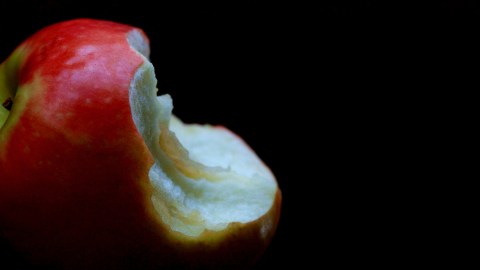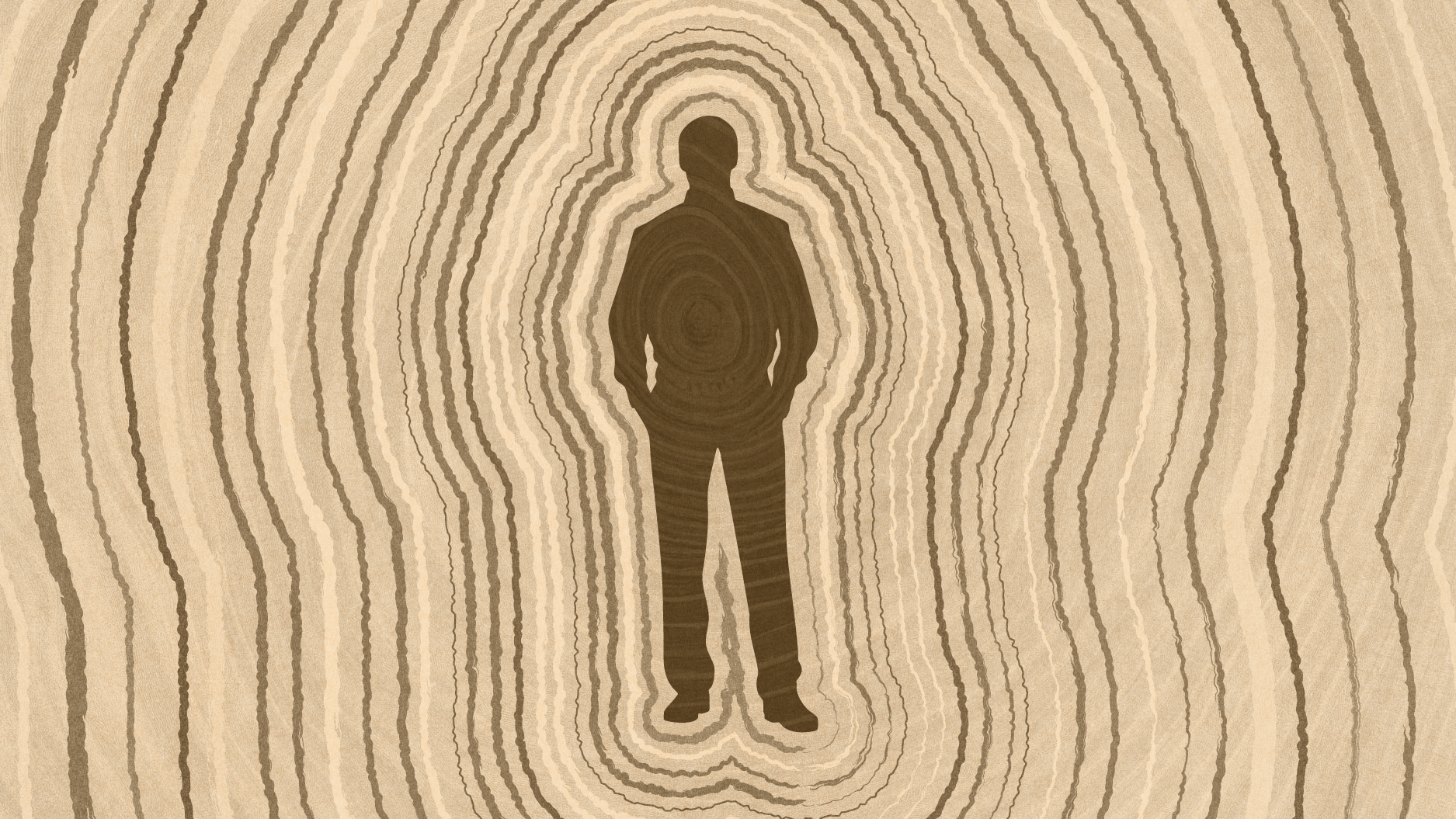Limit Eating Hours to Help Boost Heart Health

Restricting when you eat may help improve sleep patterns, heart health, and weight loss, according to researchers. Researchers at San Diego State University and the Salk Institute for Biological Studies found that limiting the feeding time of fruit flies helped prevent their hearts from aging. While fruit flies aren’t humans, they have long been used as models for identifying the genetic basis for human diseases.
Shubhroz Gill, lead author of the study, talked about the experiments in a press release:
“In very early experiments, when we compared 5-week-old flies that were fed for either 24 hours or 12 hours, the hearts of the latter were in such good shape that we thought perhaps we had mistaken some young 3-week-old fruit flies for the older group. We had to repeat the experiments several times to become convinced that this improvement was truly due to the time-restricted feeding.”
What’s more, the researchers started putting older flies on time-restricted diets and found their hearts became healthier as well. So, the damage done earlier in life has a chance to be reversed.
In the next portion of their experiments, the researchers looked at how the genes changed in the time-restricted flies to try and find a pattern. Three types of genetic pathways were affected — ones that deal with protein folding, mitochondrial electron transport chain complexes, and circadian rhythms. This last point falls in line with previous studies that found midnight snackers would suffer damage to memory and learning areas of the brain as a result of disrupted sleep patterns.
The researchers acknowledge that there are some hurdles to clear before this research makes its way to human testing. Gill said:
“Humans don’t consume the same food every day. And our lifestyle is a major determinant of when we can and cannot eat. But at the very minimum, our studies offer some context in which we should be pursuing such questions in humans.”
Bottom line: Try cutting out the late-night snacking.
Watch our expert Daniel Kraft talk about how technology can help keep you healthier– and we’re not just talking about FitBits.
Photo Credit: Pink Sherbet Photography/Flickr





